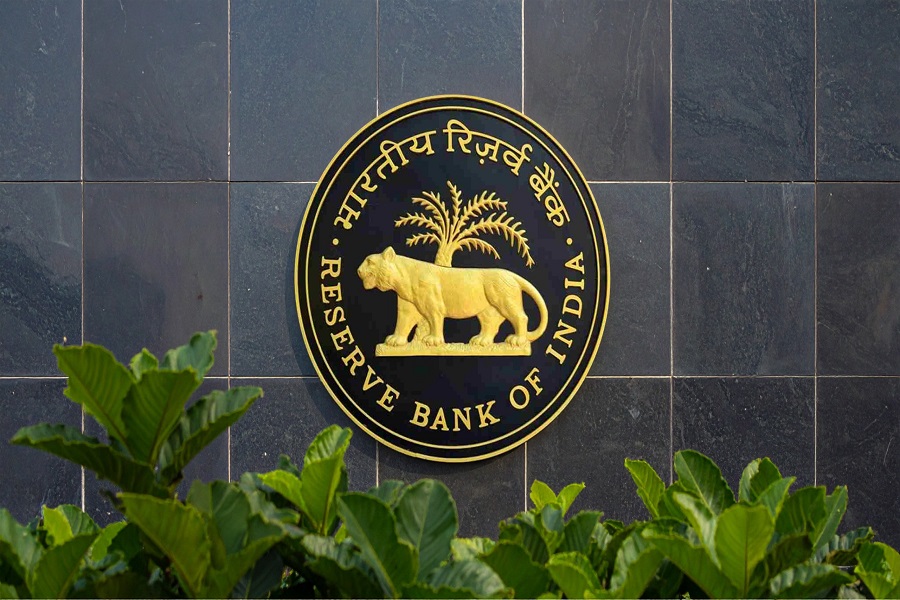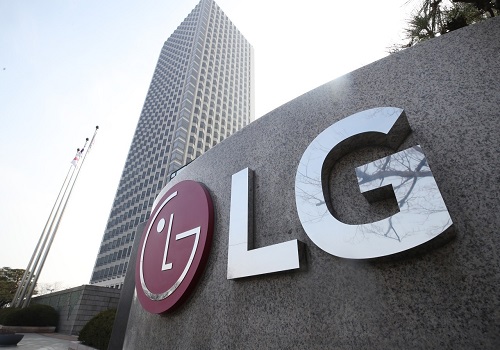Consumer Goods Sector Update : GST benefit pass-through via volume accretive to sales By Emkay Global Financial Services Ltd

Our analysis of the pass-through of GST benefits from rate cuts reveals two key scenarios: Volume increase and price cut. Volume growth tends to expand the topline, while price cuts offer opportunities for consumer uptrading, making the decision to pass on GST benefits a strategic one. As companies are required to pass on the benefits of GST reductions to consumers, absolute contribution profit is expected to remain stable. However, this may lead to a dilution in the operating profit margin (OPM) when volumes increase due to higher sales. If players aim to maintain their OPM, benefits of sales growth are more likely to be reflected in their profitability. Regulatory expectations may compel companies to pass on the entire absolute benefit to consumers, thus preserving their contribution profit levels. Additionally, if companies combine price cuts with increased trade promotions, they can strengthen control over future pricing strategies. Within our coverage universe, biscuit players (like Britannia and ITC) and savory snack players (like Bikaji and Gopal Snacks) have significant exposure to low unit packs (LUP). In this segment, GST benefit passthrough is likely to occur via volume increase; this move may boost sales, however, it is unlikely to improve EBITDA.
LUP: GST benefit pass-through to aid sales growth
Our analysis of LUP highlights a more favorable growth outlook for FMCG companies, following the GST rate reduction. In these SKUs, companies are likely to implement price cuts by increasing pack sizes (expected to drive stronger sales growth). Since such packs are typically for one-time consumption, the additional grammage per pack is likely to boost overall consumption, leading to better volume offtake. If FMCG companies aim to maintain their contribution profit per unit at current absolute levels, EBITDA benefits would remain flat (potentially causing some margin dilution due to higher sales volume). Conversely, if companies focus on preserving their margins, growth is likely to flow through to EBITDA. Our ground-checks suggest that FMCG companies may adopt a partial pass-through strategy by increasing grammage per pack while balancing this with trade promotions. This approach would help players to manage their margins ahead, particularly by reducing trade promotion expenses. A detailed price-pack P&L analysis is provided in Exhibit 1.
GST benefit pass-through with price cuts will keep financials unchanged
For larger packs, companies have the choice of increasing volumes or reducing prices to enhance affordability. When the GST benefit passthrough is via volume increase, sales growth accelerates, per our earlier finding. Volume increases enable companies to maintain MRP, thereby avoiding the requirement of disclosing the MRP change. Alternatively, if companies choose to reduce MRP, the overall financial outcome would be stable. While volume expansion is a logical approach to drive growth, companies are also likely to use this opportunity to push higher-volume packs. A comprehensive P&L analysis for larger packs is detailed in Exhibit 2.
Pass-through via volumes positive for sales; players with more LUP to benefit
Overall, players with a higher share of low-unit packs (LUP) are likely to pass on price cuts through increase in grammage. Others may also adopt a similar approach to pass on the benefits, with the strategy of consumer upgradation being a key differentiator. Within our coverage, biscuits and savory snacks have the highest dependence on low unit packs. Britannia earns 62% of its biscuit revenue from low unit packs; meanwhile, Bikaji/Gopal Snacks see 42%/78% of savory snacks revenue from LUP, respectively. This underscores the significant role of low-unit pack strategies in these categories.
Long-term outlook crucial for valuations
FMCG sector’s valuations at 55x one-year forward P/E factor in healthy earnings outlook ahead. GST reduction, a low base, and urban recovery are likely to aid relatively better earnings growth in the near term. We believe sustaining the same would be crucial for valuations. We continue to prefer companies with relatively better execution: GCPL, Marico, Bikaji, Gopal Snacks, and Emami remain our preferred picks.
For More Emkay Global Financial Services Ltd Disclaimer http://www.emkayglobal.com/Uploads/disclaimer.pdf & SEBI Registration number is INH000000354










Tag News

Consumer Sector Update : Consumer price and commodity tracker By Motilal Oswal Financial Se...



More News

Pharma Sector Update : IPM pulse?a fine November by Kotak Institutional Equities









